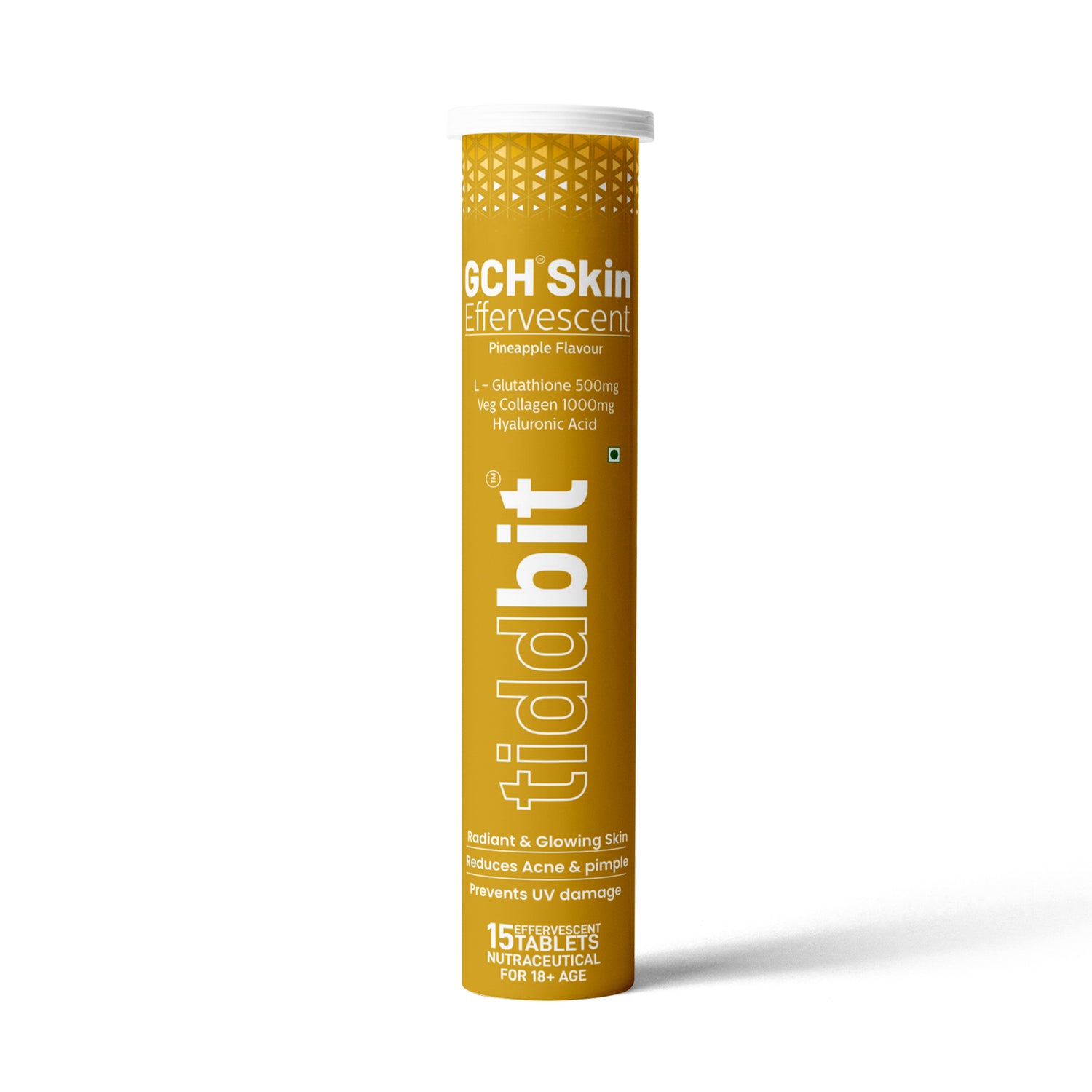
Tips to Add Eye-Healthy Vitamins to Your Diet
Share
A Guide to Keep Your Eyes Safe with Essential Vitamins
The eyes are one of the most vital and sensitive organs within the human body. In an era of screens and pollution, as well as hectic life taking the time to take care of your eyes is more vital than ever. While eye health checks regularly and a healthy lifestyle around screens can help in a positive way, nutrition plays a crucial part too.
Certain nutrients, specifically essential vitamins for the eyes can help safeguard your eyesight, decrease the chance of developing age-related eye conditions, and help maintain your eye's sharpness. In this article we'll guide through the most crucial nutrients that are essential to long-term health of your eyes.
Why Vitamins Matter for Eye Health
The eyes are continuously exposed to dust, light or environmental pressure. In time, this could cause oxidative damage, dryness, and possibly even more serious problems like macular degeneration or cataracts. Vitamins essential to eyes assist in:
-
Fighting free radicals that harm the eye tissue
-
The cornea and retina are supported by the retina.
-
Improved night vision
-
Lowering the risk of aging-related loss of vision
Let's look at which vitamins are important the most.
1. Vitamin A - The Vision Saver
Vitamin A is among the most vital vitamins needed by eyes. It protects the cornea that the eyes are (cornea) as well as being vital for night and low-light vision. Insufficient levels of Vitamin A can lead to dry eyes, blurred vision and even night blindness.
Sources Carrots, sweet potatoes eggs, spinach, as well as dairy items.
Tip Beta-carotene is a compound found in fruits and vegetables with orange hues is converted into Vitamin A within the body.
2. Vitamin C - The Antioxidant Shield
Vitamin C is an potent antioxidant that helps protect the eye cells from damage brought on by UV radiations. It also improves the blood vessel health within the eye, which aids in preventing cataracts as well as slowing the progress of macular degeneration due to age (AMD).
Sources Citrus fruits (oranges and lemons) bell peppers broccoli, and strawberries.
3. Vitamin E - For Long-Term Protection
Similar to Vitamin C, Vitamin E is an antioxidant that can help shield eyes from damage. It plays an important role in preventing the oxidative stress that can cause conditions like cataracts as well as AMD.
Sources Sunflower seeds, hazelnuts and almonds as well as vegetable oils.
Note When combined with other vital eye-healthy vitamins, Vitamin E offers long-term protection for eyes that are aging.
4. Vitamin B Complex - For Healthy Nerves and Retinas
B vitamins, specifically B vitamins, particularly B6 B9 (folic acid) B12 and B6, aid in reducing inflammation and ensuring the proper function of nerves. They are known to reduce the chance of losing vision due to macular degeneration as well as diabetic retinopathy.
Sources Leafy greens dairy, eggs beans, meat and dairy.
5. Lutein and Zeaxanthin - Nature's Eye Filters
While not vitamin-like in the traditional sense, zeaxanthin and the lutein are essential carotenoids that shield the retina from the harmful blue light. They are often associated with vital eye-healthy vitamins due to their effects on the health of your eyes.
Sources Kale, spinach green peas, kale egg yolks.
Here are some easy ways to ensure that your eyes receive the nutrition they require:
- Include a vibrant salad (with vegetables, greens, as well as bell peppers) to your meal.
- You can snack on sunflower seeds or almonds in place of chips.
- Add eggs, as well as some leafy vegetables in your breakfast.
- Consume fresh juice of citrus or orange to get a good morning Vitamin C booster.
- You should consider taking a multivitamin that is formulated with vital vitamins for eyes particularly when your diet isn't sufficient.
Final Thoughts
Your eyes are working hard every day, and need the right nutrition to remain healthy and sharp. By incorporating vital vitamins for your the eyes in your diet You're not just securing your eyes today, but also investing in improved vision in the future.
Although good nutrition isn't a substitute for medical attention, it does play an essential role in the prevention and reducing the severity of the common eye issues. Make sure to nourish your eyes by taking the proper nutrients and let your eyes shine.

